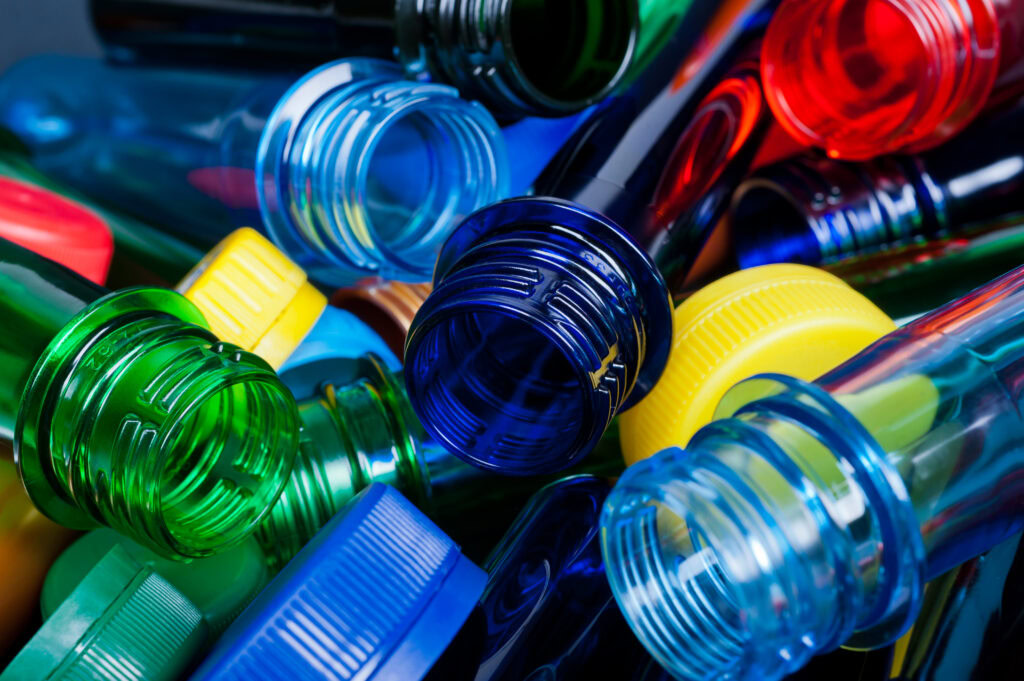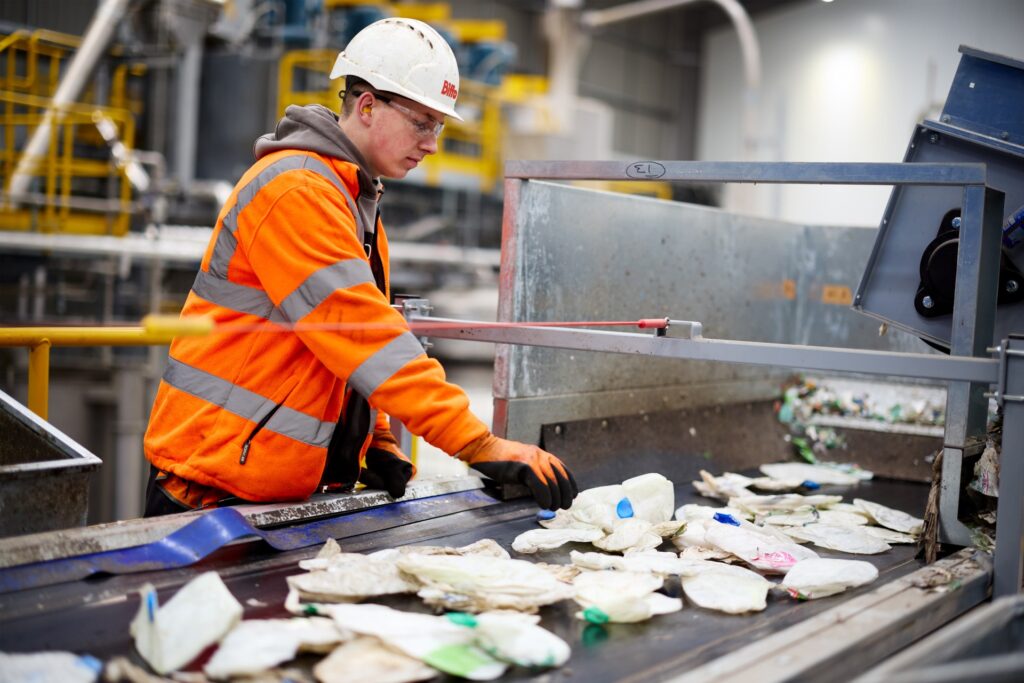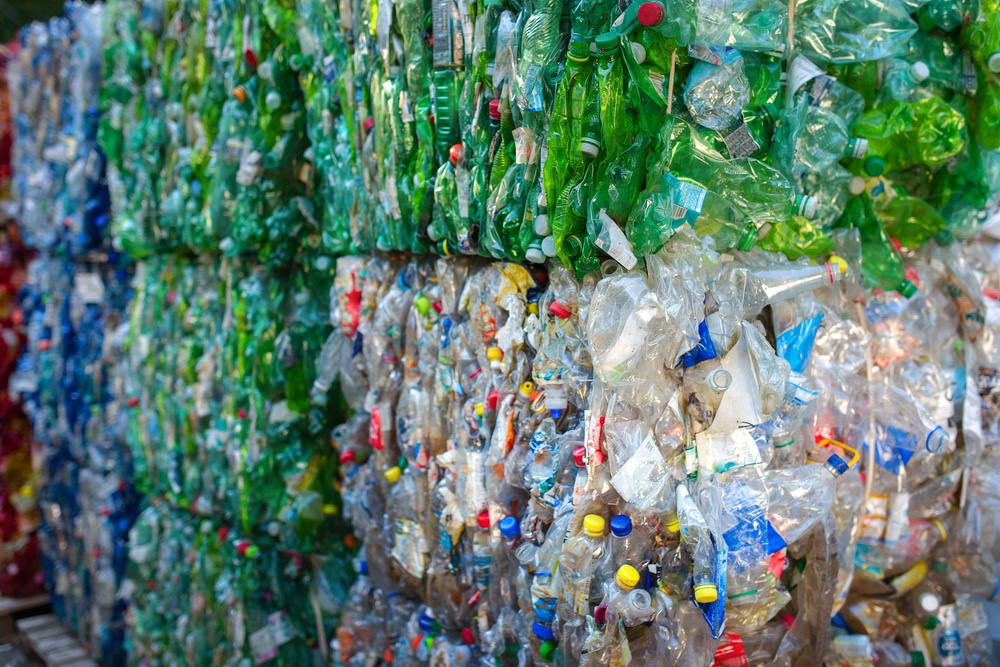In 2023/24, the tax raised 6% less than in 2022/23, suggesting a continuing decline.
38% of plastic packaging that was both manufactured within and imported into the UK was declared taxable under the PPT, according to HMRC.
51% met the 30% or more recycled content threshold, 11% was either exported, intended for export or converted, and less than 1% was exempt because it was used for the immediate packaging of human medicines.
According to Reconomy, the tonnage of plastic packaging declared as containing at least 30% recycled content has continued to rise year-on-year.
In 2022/23, 1.29 million tonnes were reported, increasing to 1.40 million tonnes in 2023/24 and reaching 1.60 million tonnes in 2024/25.
Industry challenges
Commenting on the statistics, David Gudgeon, Head of External Affairs at Reconomy Connect, said: “Persistently low virgin plastic prices have meant it is often far cheaper to use new material than recycled content.
“In contrast, it is now significantly more expensive to recycle plastics due to the costs involved with the collection, sortation, transportation and disposal of non-recoverable materials, as well as soaring energy and labour bills.
“These structural challenges have forced many plastic recycling operators to shut plants as their facilities have become commercially unviable, leaving the UK with a major shortfall of plastic recycling infrastructure, despite rising demand for recycled plastics thanks to new EPR regulations.”
Plastics Recyclers Europe (PRE) warned this week (27 August 2025) that the European plastics recycling sector is facing “imminent collapse”, with the UK seeing a number of facility closures, including Viridor’s Rochester and Avonmouth plants and Biffa’s Sunderland facility.
Calls for escalation
The figures come amid ongoing calls for the Government to strengthen the PPT and drive demand for recycled content.
Veolia has previously recommended raising the tax to £275 per tonne with a 35% recycled content threshold this year, escalating to £500 per tonne and 50% recycled content by 2030.
Gudgeon added: “We would urge the Government to provide greater support to help producers navigate recycled content requirements, while encouraging urgent investment in recycling infrastructure to protect the UK’s ability to cut back on plastic waste, lower carbon emissions and expand the circular economy.”









Subscribe for free